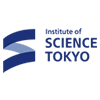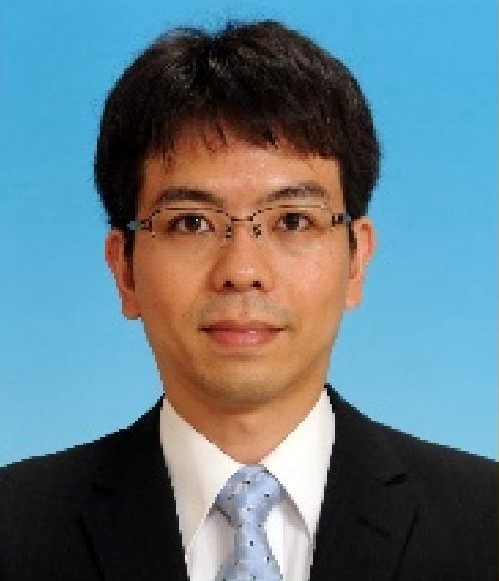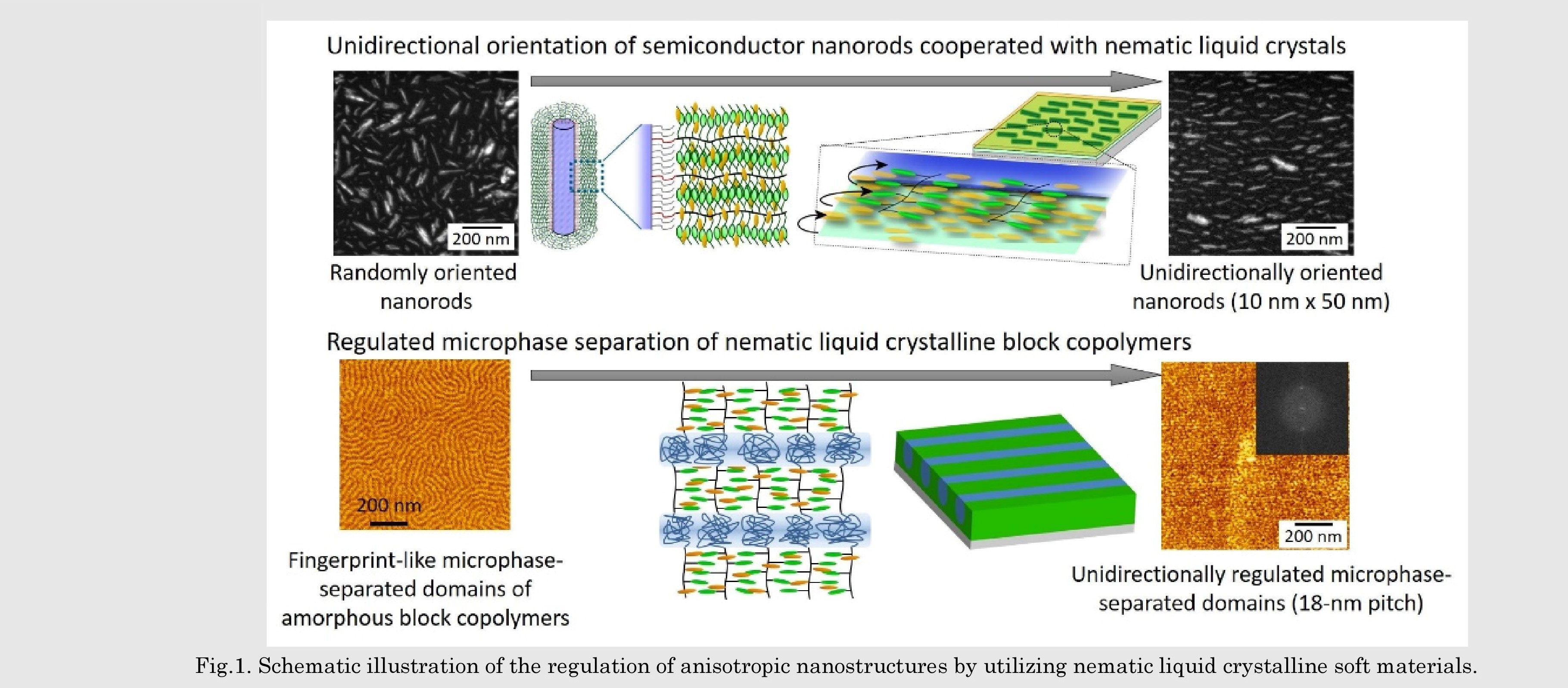
CLS
Laboratory for Chemistry and Life Science, Institute of Integrated Research, Institute of Science Tokyo
東京科学大学
総合研究院
化学生命科学研究所

LAST UPDATE 2021/06/03
-
研究者氏名
Researcher Name久保祥一 Shoichi KUBO
准教授 Associate Professor -
所属
Affiliation東京科学大学 総合研究院 化学生命科学研究所
分子組織化学領域
Laboratory for Chemistry and Life Science, Institute of Integrated Research, Institute of Science Tokyo
Molecular materials design -
研究キーワード
Research Keywordsソフトマテリアル
ナノ材料
異方性材料
Soft materials
Nanomaterials
Anisotropy
- 研究テーマ
Research Subject -
配向性ソフトマテリアルに基づく異方的ナノ材料の創製
Development of anisotropic functional nanomaterials based on oriented soft materials
研究の背景 Background of the Research
金属や半導体などをナノスケール化すると、バルク状態とは異なる物性を示すことが知られています。特にナノロッドやナノワイヤーは、形状に由来する異方的な物性を発現することから、等方的な微粒子と比べて幅広い応用可能性を秘めています。異方的なナノ材料の機能を十分に引き出すためには、配向状態が十分に制御された構造を形成することが必要です。
Nanoparticles of metals and semiconductors have attracted great attention owing to their excellent properties quite different from bulk materials. Nanorods and nanowires particularly have promising application to functional devices by taking advantage of their anisotropic properties. To utilize the fascinating properties of anisotropic nanomaterials, it is indispensable to regulate their orientations.
研究の目標 Research Objective
ソフトマテリアルの分子配向制御に基づき所望の三次元配向構を構成する異方性ナノ材料を開発し、ナノロッドやナノワイヤーの本質的な物性を明らかにするとともに、多彩な機能材料へ展開することを目指しています。さらに、設計に基づく精緻な微細造形を特徴とするトップダウン型のリソグラフィ技術とソフトマテリアルの組織化を融合し、新規ナノ構造形成と機能材料創成を目指します。
In order to investigate the intrinsic properties of anisotropic nanomaterials and develop functional materials, we focus on the regulation of the three-dimensional orientations of nanorods and nanowires by utilizing the molecular alignment of soft materials. Top-down-type lithography techniques are also conducted to innovate noble nanostructures leading to various functions.
研究図Figures

論文発表 / Publications
ACS Appl. Mater. Interfaces. 6, 811 (2014), Jpn. J. Appl. Phys. 53, 06JC04 (2014), Bull. Chem. Soc. Jpn. 90, 216 (2017), Langmuir 35, 14222 (2019)
研究者連絡先 / HP
- kubo
 res.titech.ac.jp、kubo.s.2c13
res.titech.ac.jp、kubo.s.2c13 m.isct.ac.jp
m.isct.ac.jp - http://www.polymer.res.titech.ac.jp/